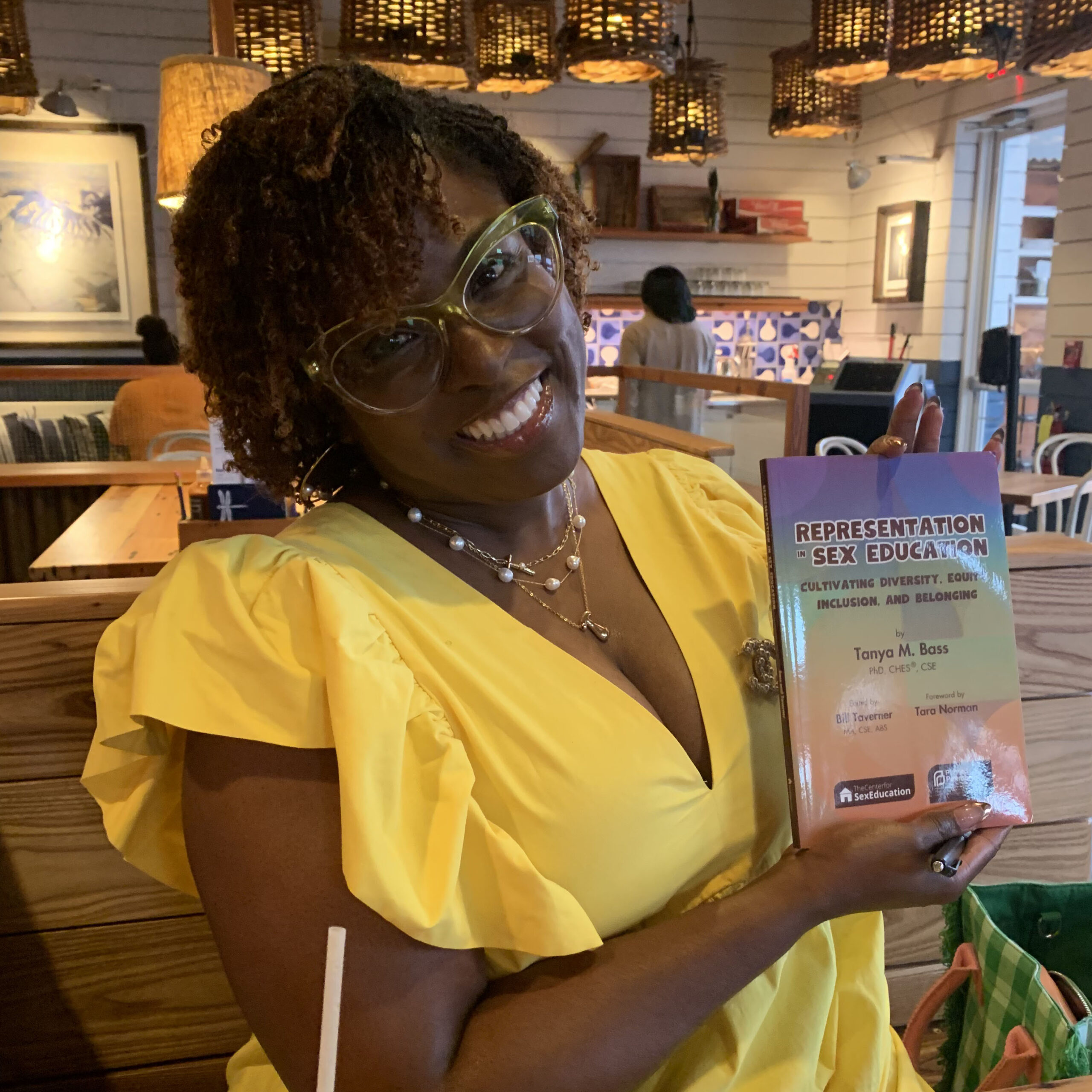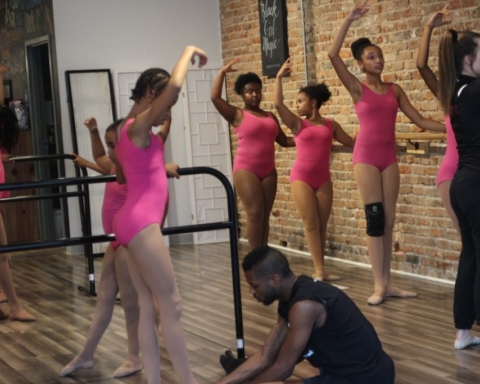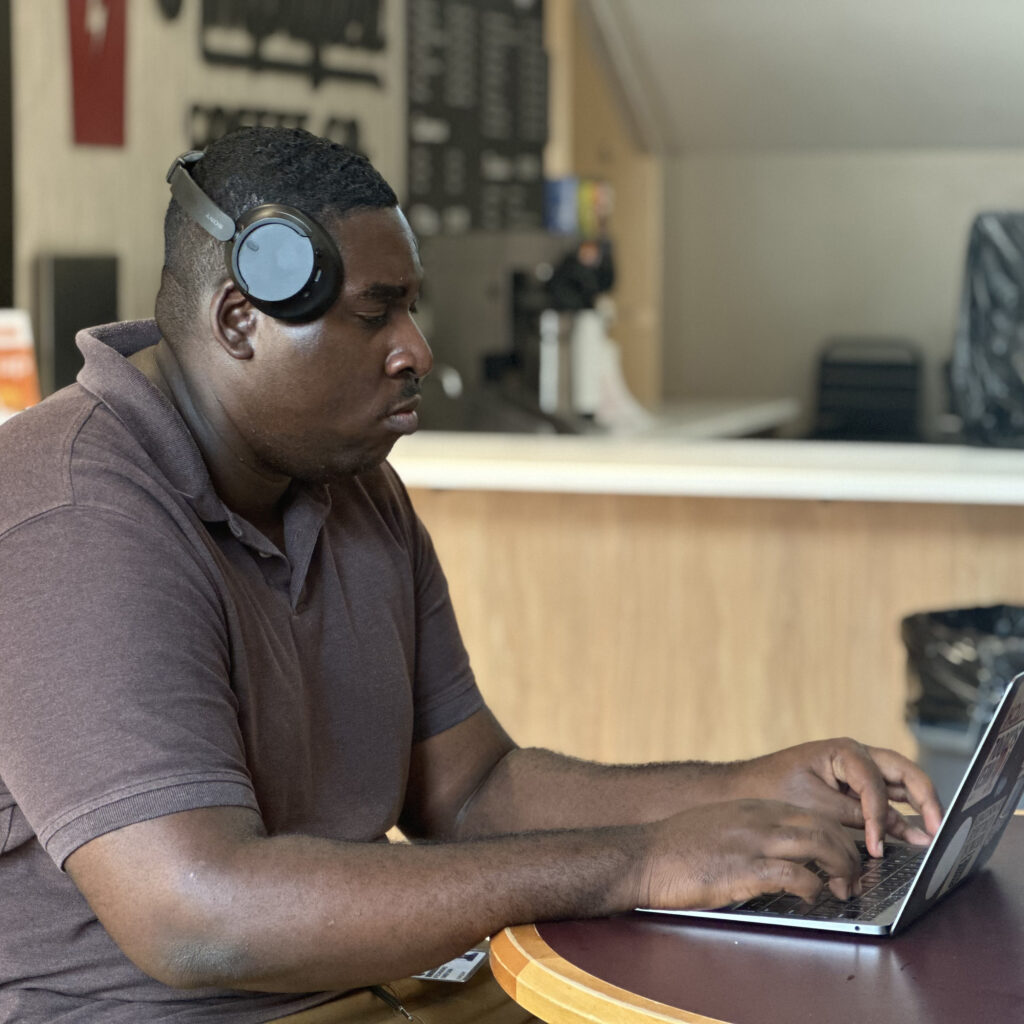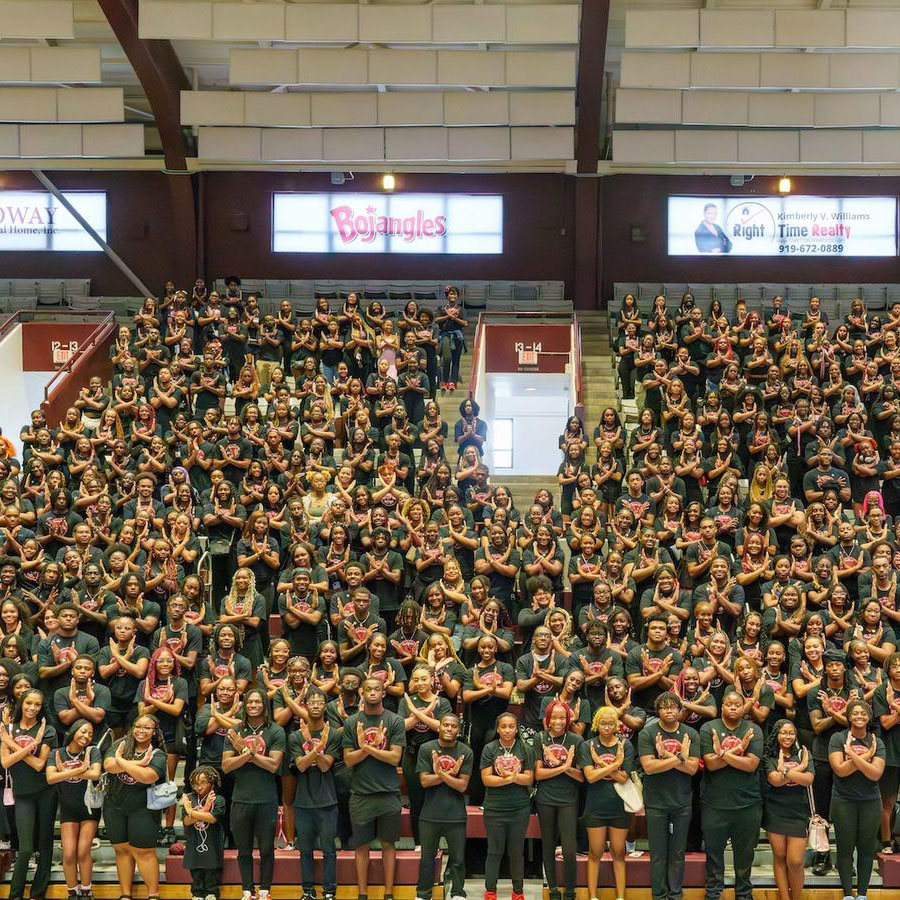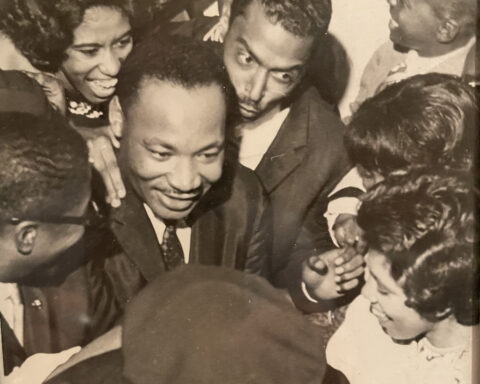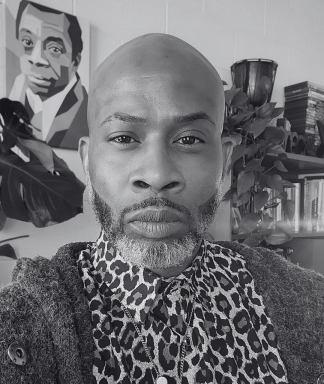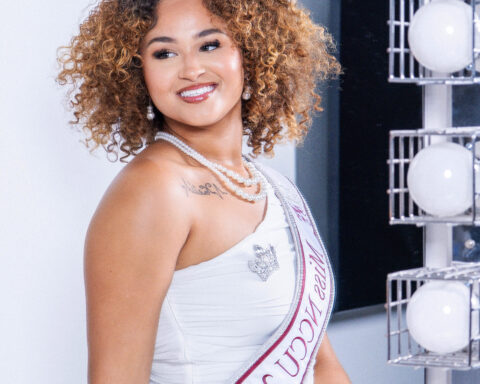As N. C. Central University began its flight into Sexual Health Awareness month, Professor Tanya Bass emphasized the importance of sexual education.
“A lot of what we see in sex ed, especially from a general K-12 setting, is whitewashed. It doesn’t present some of the information around black and brown bodies and liberation,” said Bass, who just published “Representation in Sex Education.”
“My research aligns with helping people expand what they know.”
Bass’s interpretation of sexual health education is supported by this report by Sexuality Education for children.
Sexual health is more than just STI prevention and contraceptives. There is a science and method to it and there are qualified individuals that help educate students on how to engage in intercourse safely.
“Sexual health is teaching awareness through healthy sex practices that include: prevention, consent, safe sex, and other fundamental elements,” said Shyrell Johnson, a senior.
According to an Obstetricians and Gynecologists article, “Sexual health is a state of physical, mental, emotional, and social well-being in relation to sexuality — not just the absence of disease.”
Some students who believe they do not need to be educated about sex for various reasons, including learning about it in High school or in their own research. This idea is explored in The Sexual Health Quandary on college campuses.
“I think it’s common for students to think that until they realize what sex really is. It’s not just about three or more behaviors. It’s about who we are,” said Bass. “How we show up in spaces… it’s political so how we see differences in gender…pay inequity, how we see discrimination, misogyny in the workplace.”
Being a sex positive campus can benefit students in many ways by teaching the health benefits and providing resources to help students engage safely as explained in this CDC article.
Johnson said she believed NCCU to be a sex-positive campus.
“NCCU does create a safe space to talk about sex, get tested, and also be a part of organizations such as Project Safe that are dedicated to sexual awareness.”
Bass agreed and said that NCCU is one of the more inclusive campuses regarding sexual health awareness.
“We’re [NCCU] probably one of the more sex-positive,” Bass said. “But I do know our campus has its challenges all around; different phobias and conservative viewpoints in really being inclusive on campus… I think we have some leaps over other campuses.”
Johnson said she believes that sexual health awareness is freedom of expression.
“It means the ability to choose your own sexual identity and create safe spaces for you and those around you. It means consent and the ability to say no when you don’t feel comfortable.”

